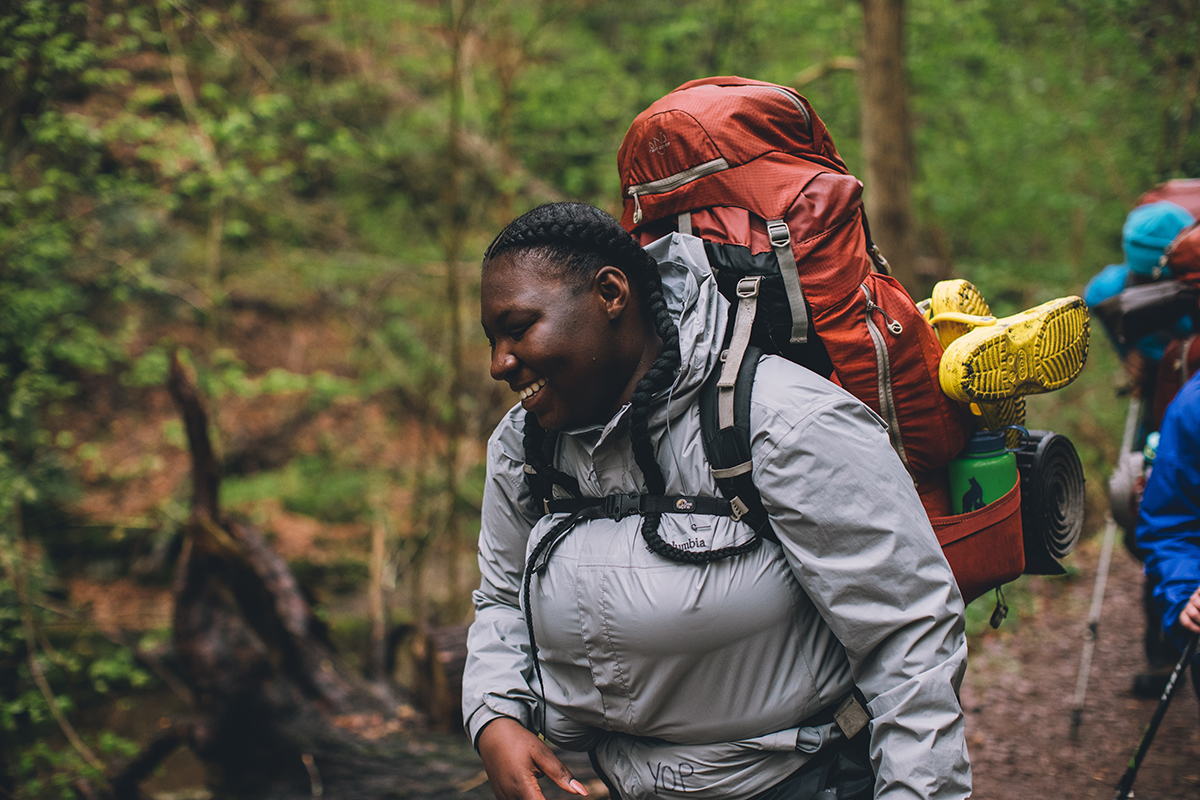
Introduction
Backpacking, the art of traveling with your life packed into a backpack, is a liberating and enriching way to explore the world. It’s a journey that takes you beyond the confines of tourist resorts and allows you to immerse yourself in the culture, nature, and local communities of the places you visit. In this article, we’ll delve into the essence of backpacking, from planning your adventure to the transformative experiences it can offer.
Preparation and Planning
- Destination Selection: Choose destinations that align with your interests, budget, and travel goals. Backpacking offers endless possibilities, from exploring Southeast Asia’s jungles to hiking through the European Alps.
- Budgeting: Create a realistic budget that covers all expenses, including flights, accommodation, food, and activities. Backpacking is often associated with budget travel, but it’s essential to plan your finances wisely.
- Packing Essentials: Pack light but smart. Prioritize versatile clothing, a sturdy backpack, essential toiletries, a reliable first-aid kit, and any necessary travel documents.
- Travel Insurance: Invest in comprehensive travel insurance that covers unexpected events like illness, injury, or theft. It’s an essential safety net for your adventure.
- Solo or Group Travel: Decide whether you want to go solo or with a group. Both have their merits, so choose what suits your personality and preferences.
The Art of Budget Travel
Backpacking is synonymous with frugality, but it’s also about value and authenticity:
- Accommodation: Opt for budget-friendly options like hostels, guesthouses, or campgrounds. Couchsurfing and house-sitting are excellent ways to save on lodging costs.
- Local Cuisine: Embrace street food and local eateries for a taste of authentic cuisine without breaking the bank. Dining like a local can be a delicious adventure.
- Transportation: Use public transportation, ride-sharing, and walking to get around. Consider overnight buses or trains to save on accommodation costs.
- Activities: Prioritize free or low-cost activities, such as hiking, exploring markets, and visiting cultural sites. Many destinations offer free walking tours led by enthusiastic locals.
Connecting with Locals
One of the most rewarding aspects of backpacking is the opportunity to connect with people from all walks of life:
- Learning the Language: Even a few basic phrases can go a long way in bridging cultural gaps and showing respect for the local culture.
- Homestays and Volunteer Opportunities: Consider staying with local families or engaging in volunteer work to gain a deeper understanding of local life.
- Socializing: Hostel common areas, local events, and social platforms can help you meet fellow travelers and locals alike. Sharing stories and experiences often leads to lasting friendships.
Embracing the Unexpected
Backpacking is an adventure filled with surprises and unforeseen challenges:
- Flexibility: Be prepared to change your plans due to weather, transportation delays, or unexpected opportunities. Flexibility is a backpacker’s greatest asset.
- Safety: Trust your instincts and take precautions while traveling. Share your itinerary with someone back home, stay aware of your surroundings, and be cautious with personal belongings.
- Memories over Material Possessions: Backpacking is a lesson in minimalism. Embrace the experience and the memories you create, rather than acquiring material souvenirs.
Conclusion
Backpacking is not just a mode of travel; it’s a way of life that fosters personal growth, cultural understanding, and a deep appreciation for the world’s diversity. As you venture into the unknown with your backpack as your constant companion, you’ll uncover hidden gems, forge lasting friendships, and gather stories that will stay with you for a lifetime. So, pack your bags, hit the road, and let the world become your classroom. The transformative journey of backpacking awaits.
